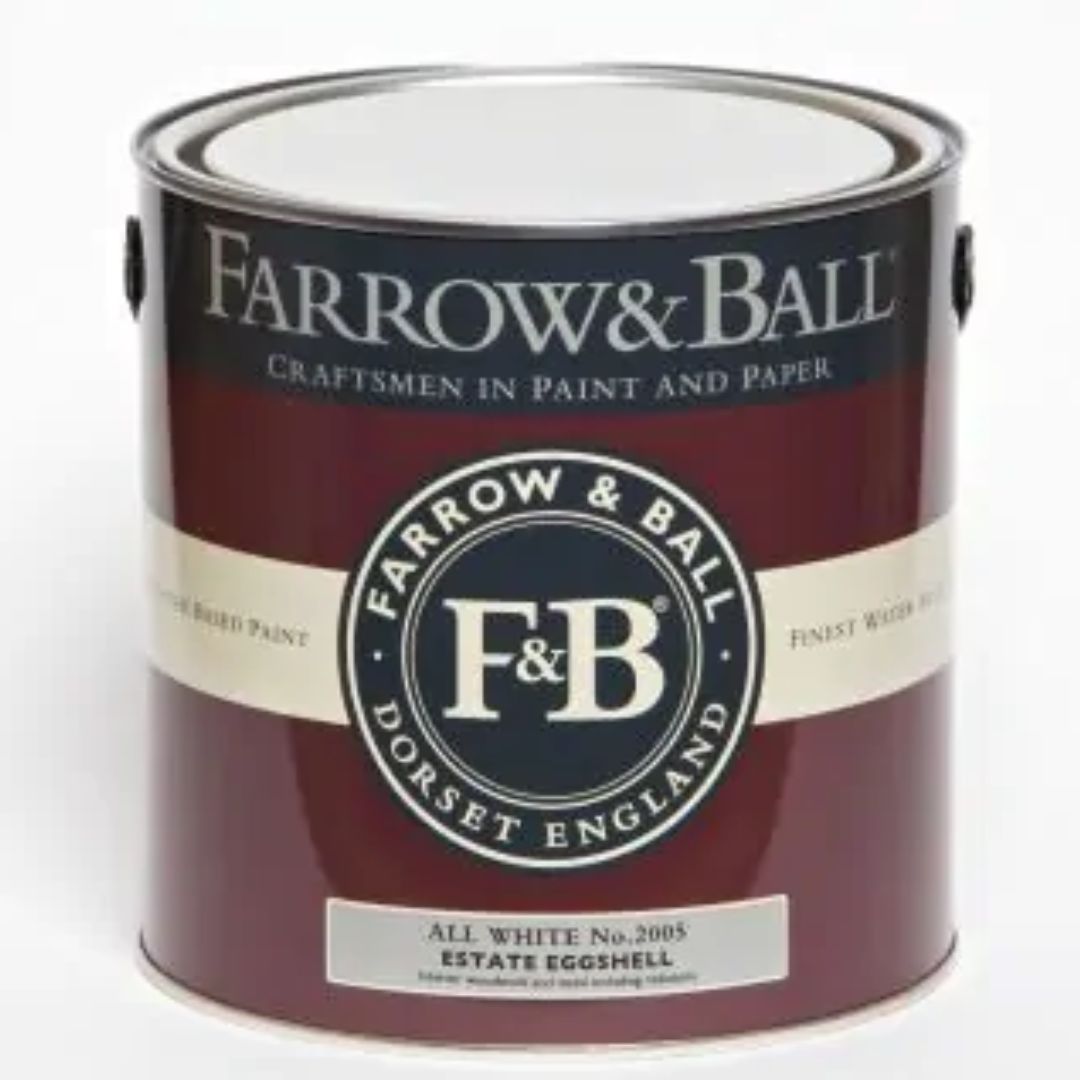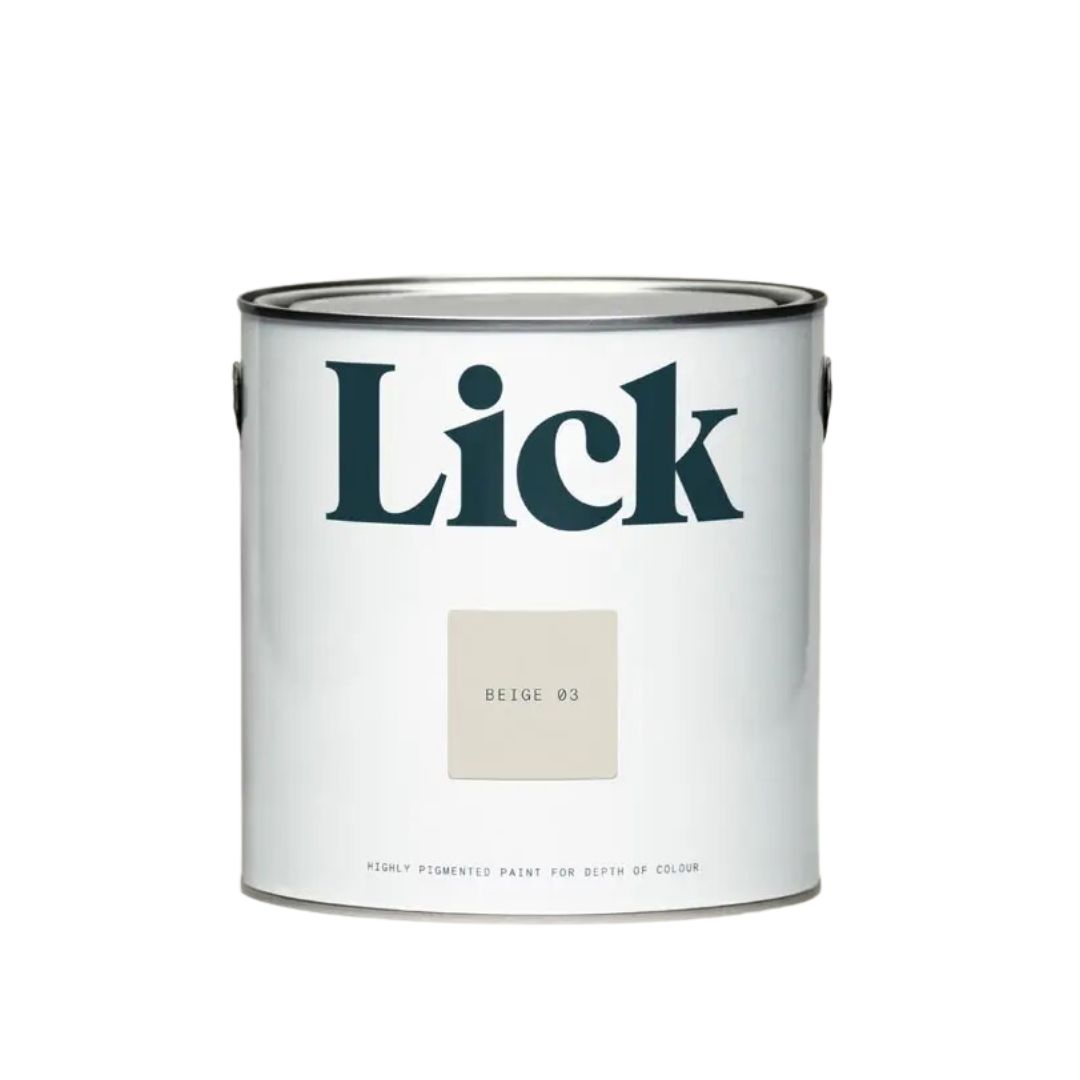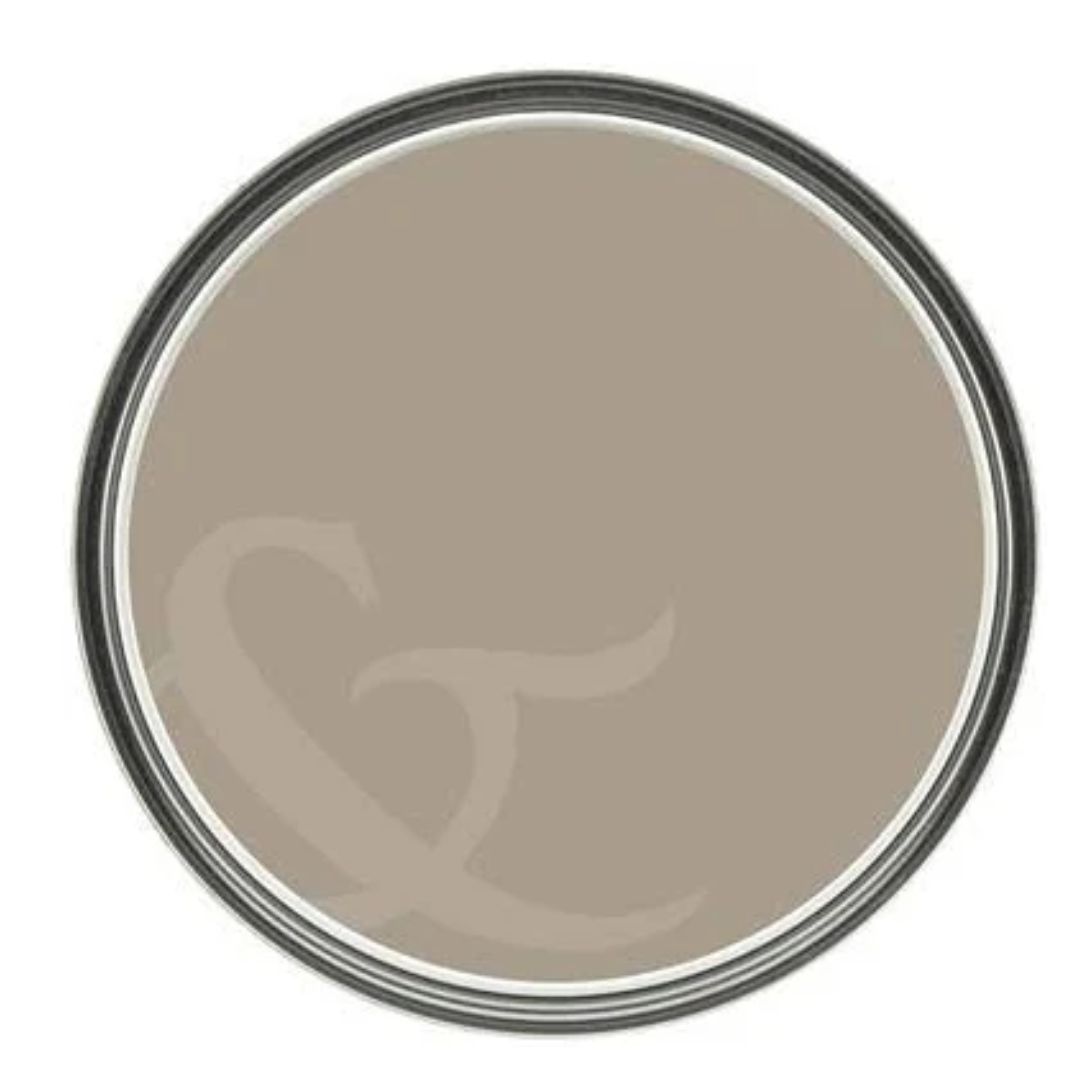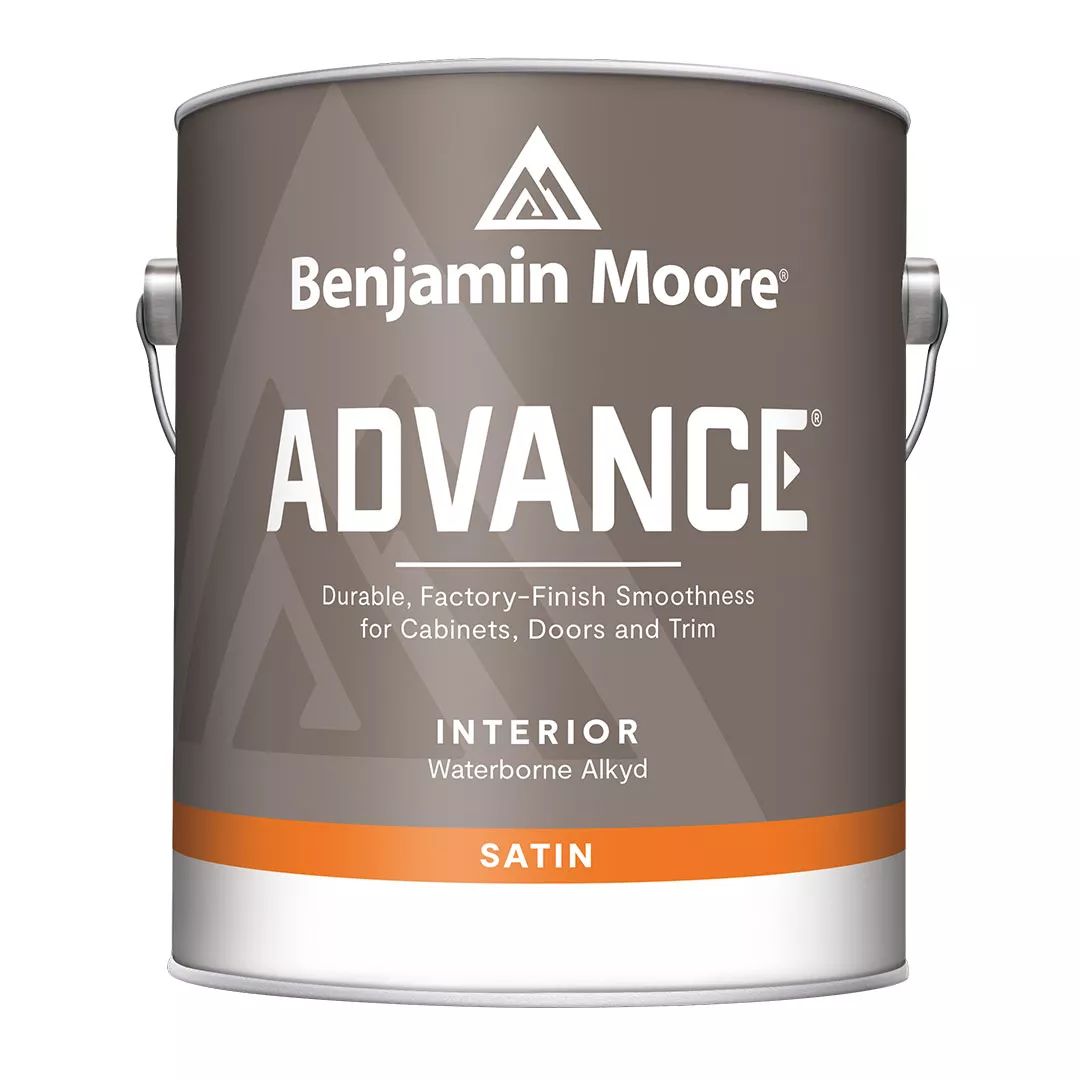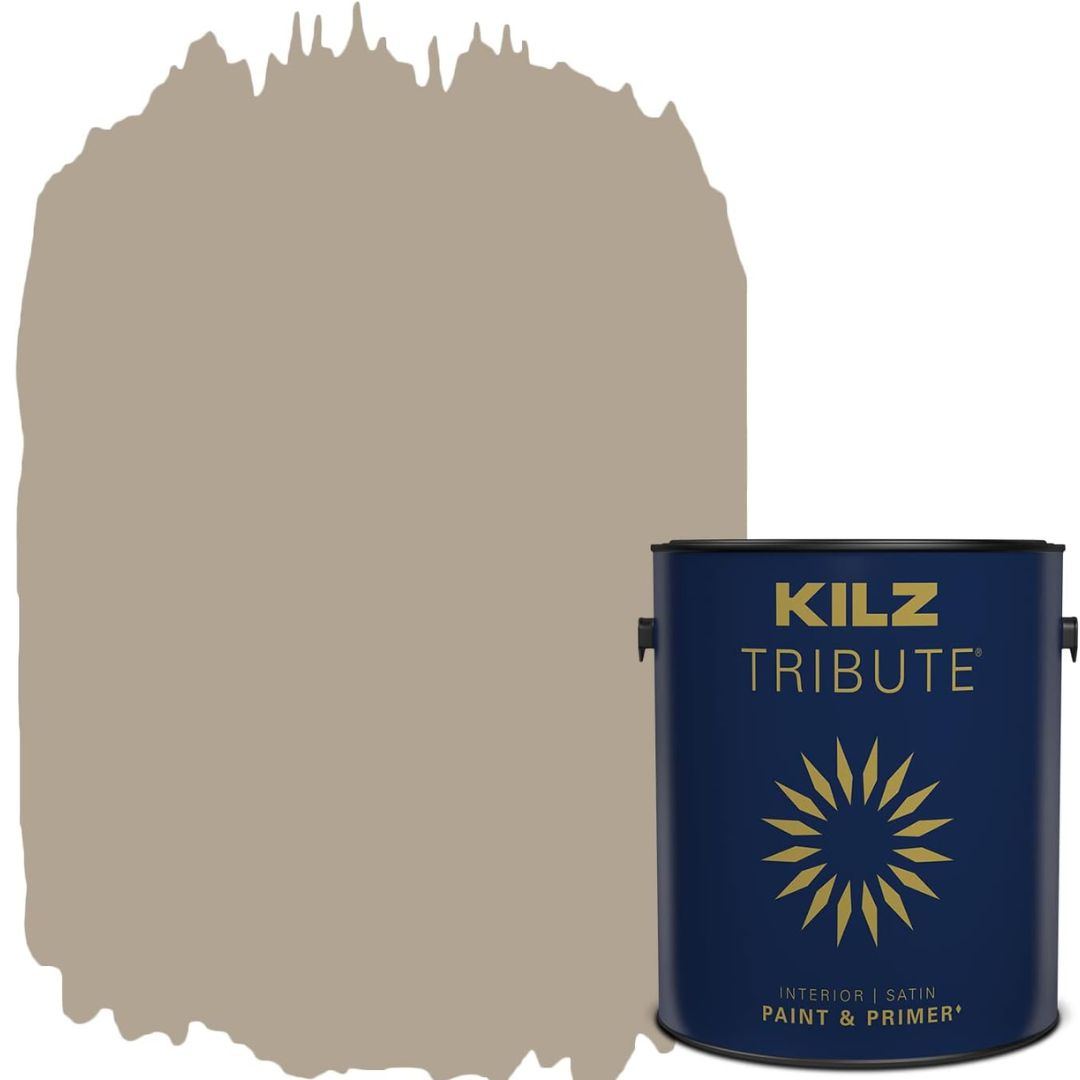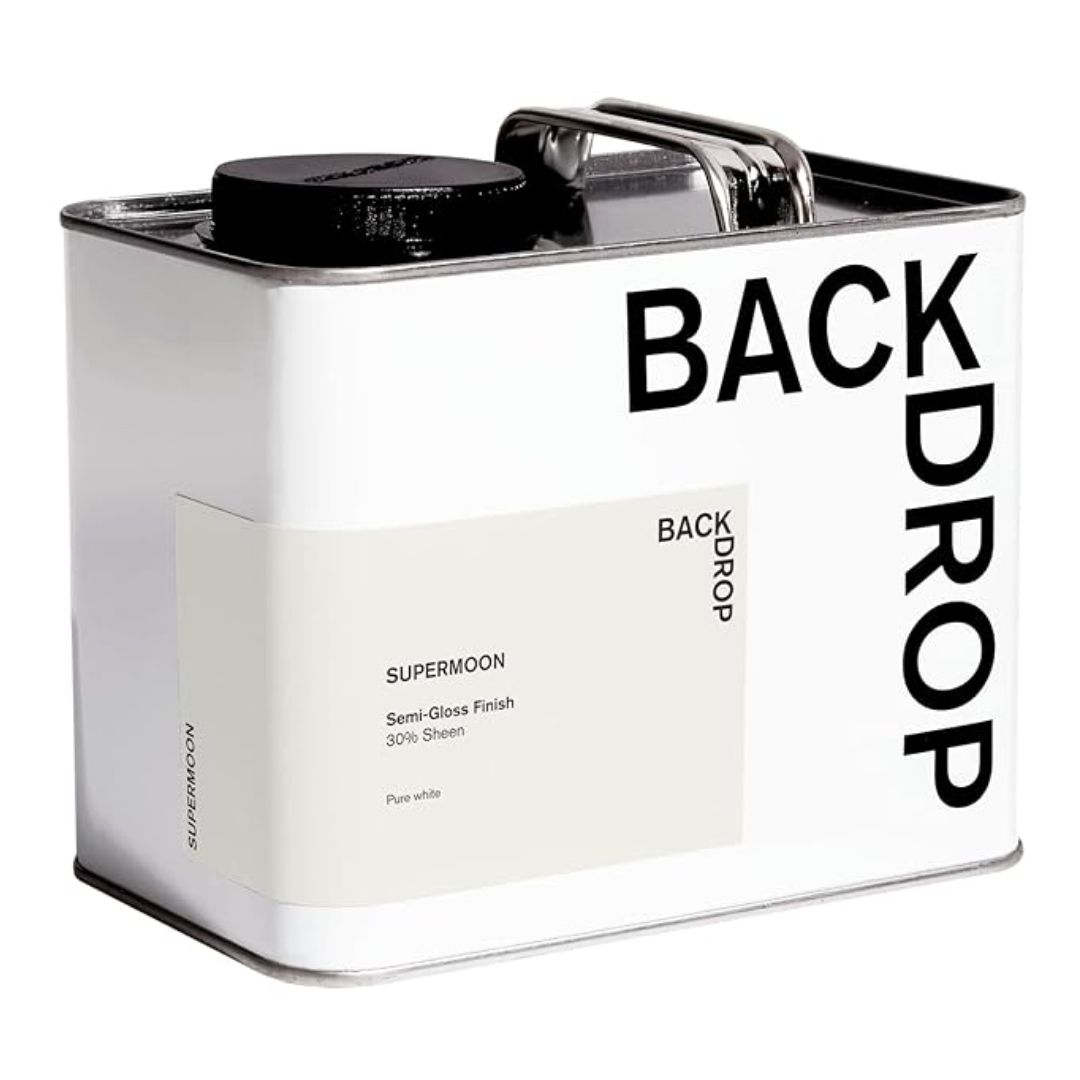Eggshell vs satin – what's the difference, and what to use when, according to professional decorators
If you're undecided on whether to use eggshell or a semi-gloss satin for your next painting project, we get the lowdown on what they both have to offer
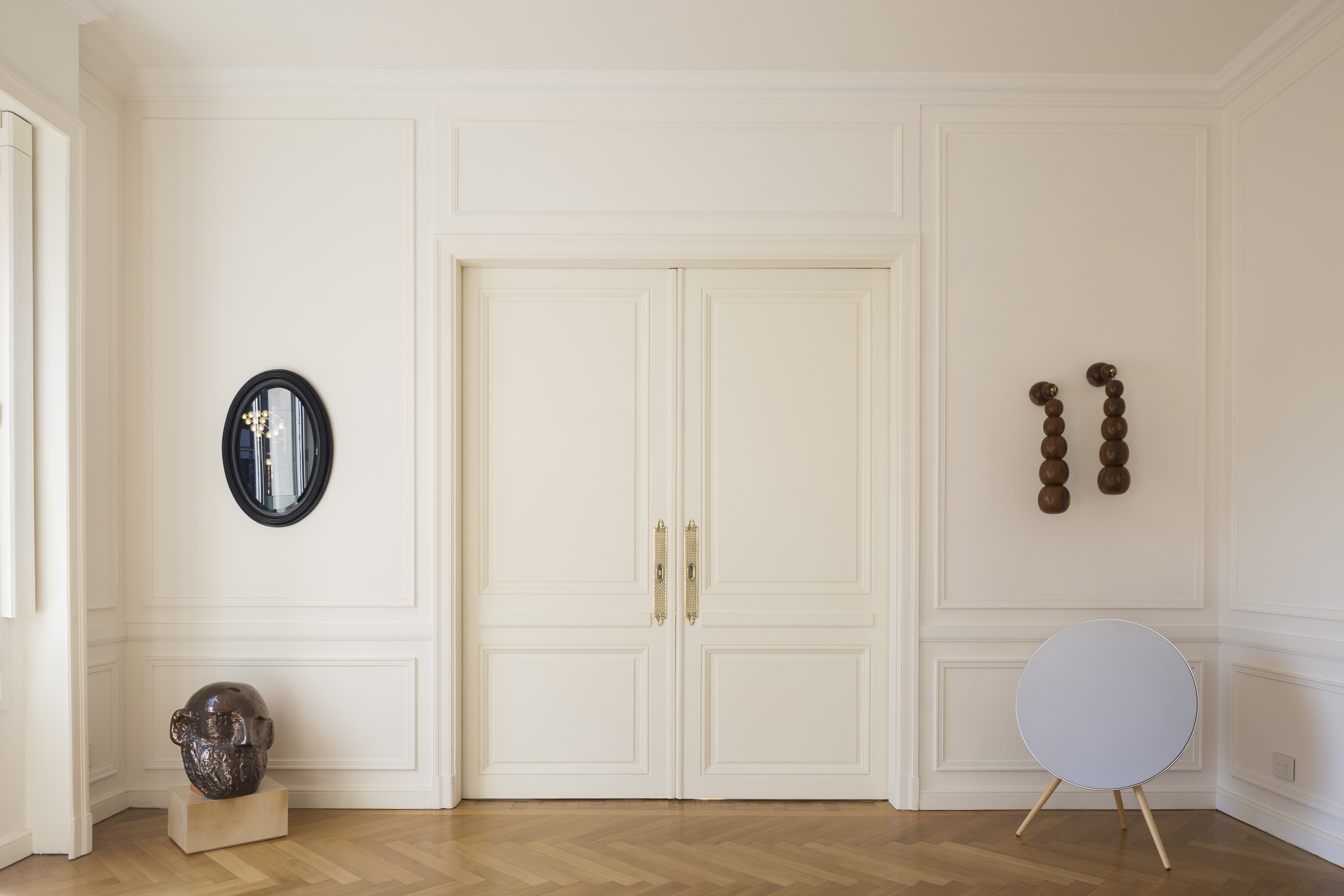

If you've finally narrowed down on the paint color you want for your interior walls, unfortunately your job isn't over yet. There's still one important thing to consider before you can get painting - the finish.
One of the biggest conundrums when picking a paint finish is between eggshell and satin - after all, they're often used in the same instances, but achieving a different result. 'In the realm of interior design, the choice between eggshell and satin paint finishes becomes a nuanced dance of aesthetics and practicality,' says Ginger Curtis, CEO and founder of Urbanology Designs. 'The subtle elegance of eggshell, with its smooth texture and low sheen, offers a refined touch to any space. Satin paint offers a slightly glossier finish that increases its durability making the surface more resilient.'
Though satin and eggshell are often grouped together as paint finishes often used for interior walls, trims and doors, they have some distinct differences.
What's the difference between eggshell and satin?
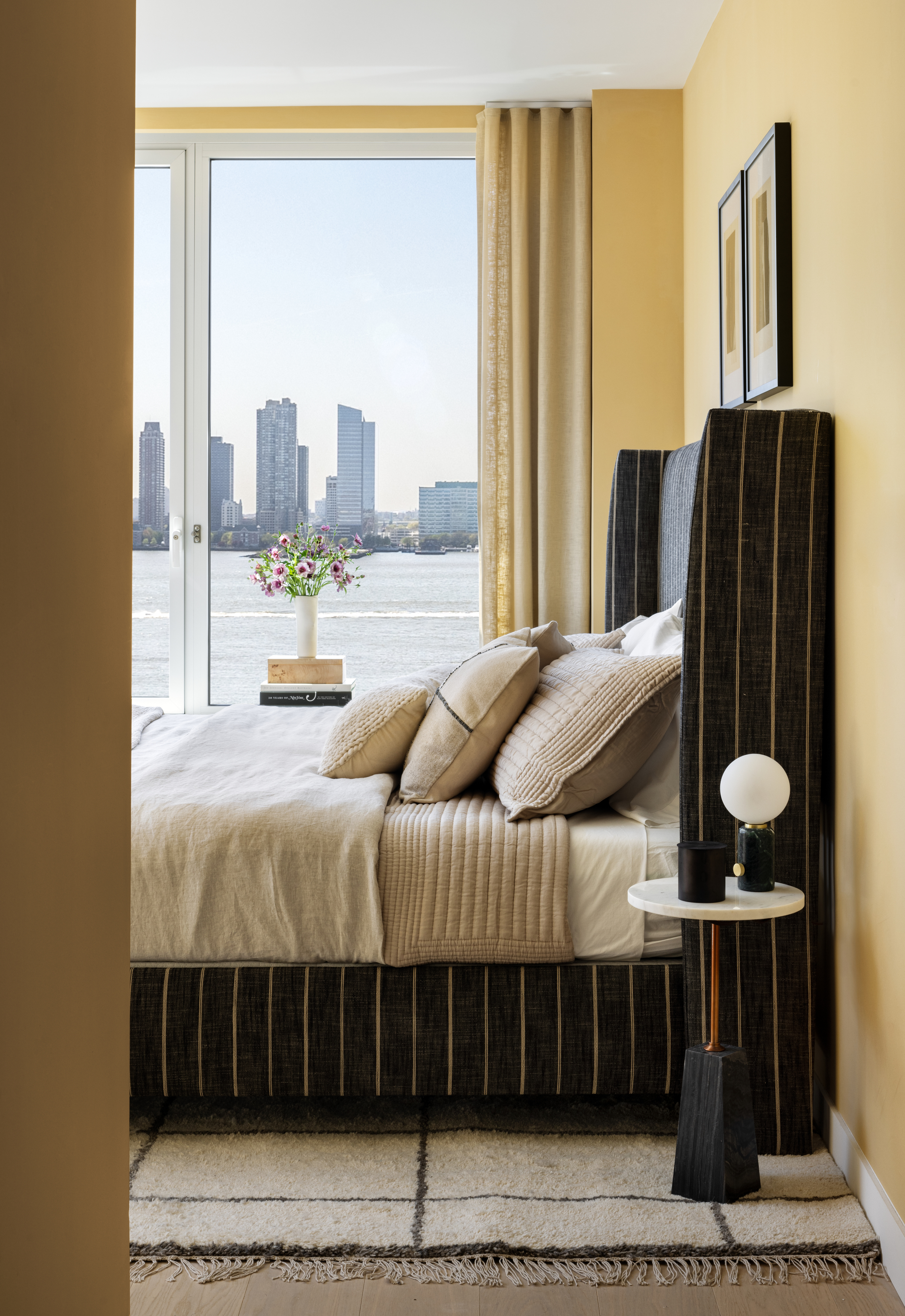
'The main difference between eggshell and satin paint finishes is the level of sheen or gloss,' Chuck Reger, franchise business coach at Five Star Painting, explains. 'Eggshell has a softer, subtle sheen and satin has a slightly higher sheen, giving it a bit more luster.' Satin is by no means the same as gloss paint, but it's more glossy than eggshell.
'Depending on the line and the manufacturer, the sheen level (shininess) of each product is different,' explains Tila Lee, founder of Pretty In Paint School. 'Some eggshells could even be extremely close to a satin. Also, it is important to always consider that each manufacturer has different specs on what their eggshells vs semi-gloss are on each product. You can ask them to do a draw-down for you in any product typically so you can physically see what that particular product looks like.'
Which is more durable?
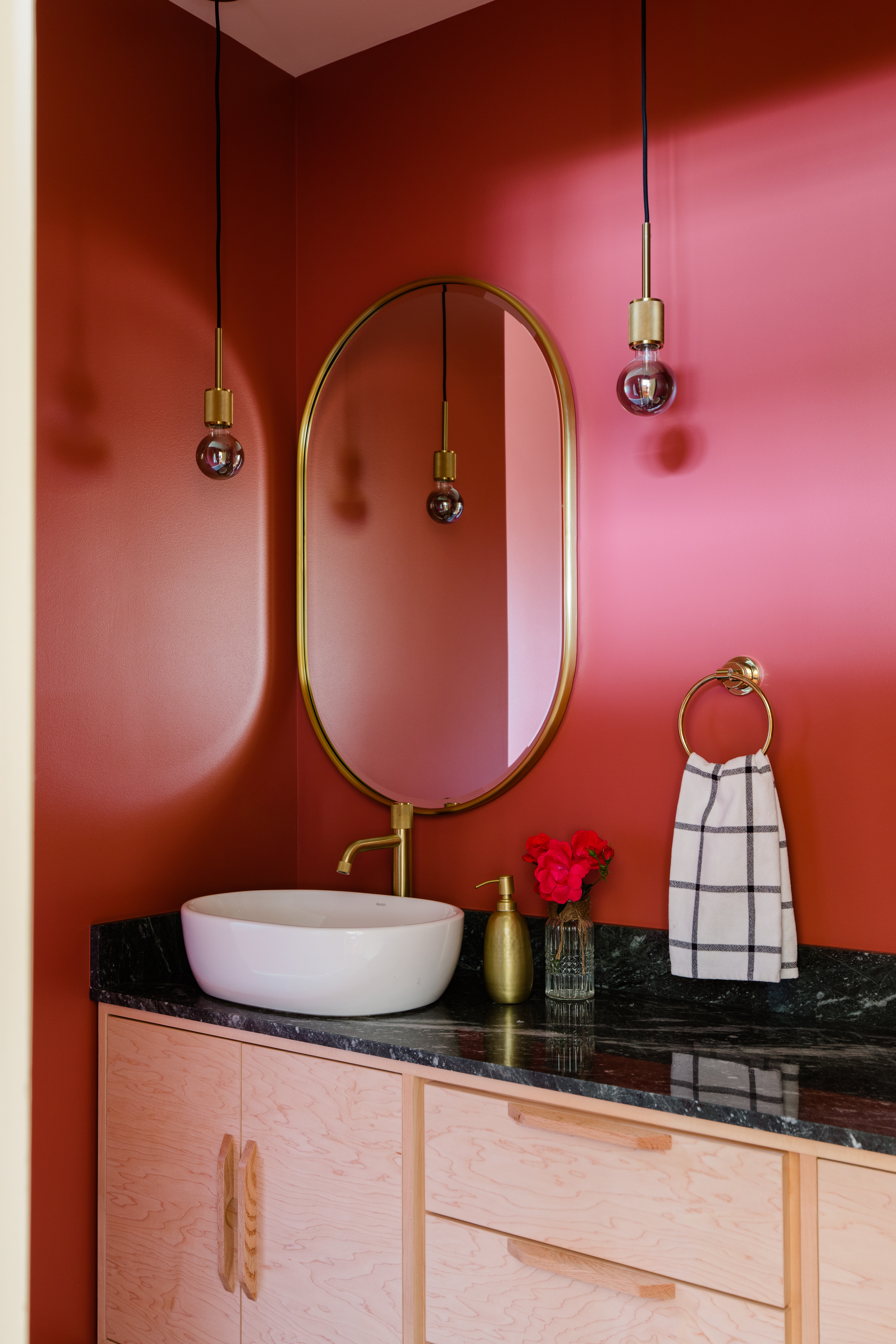
Between eggshell paint and satin, it is important to consider which of the two is less likely to scuff or retain stains.
'Satin paint is generally more durable than eggshell because it has a smoother surface that's easier to clean and is more resistant to wear and moisture,' says Chuck. 'Durability is lab-tested and rated for modern paints. Satin paint is more resistant to scrubbing, while both satin and eggshell are washable, which is a less aggressive test. Also, satin sheen paints are a better option for bathrooms due to the moisture levels that affect durability.'
Which is easier to use?
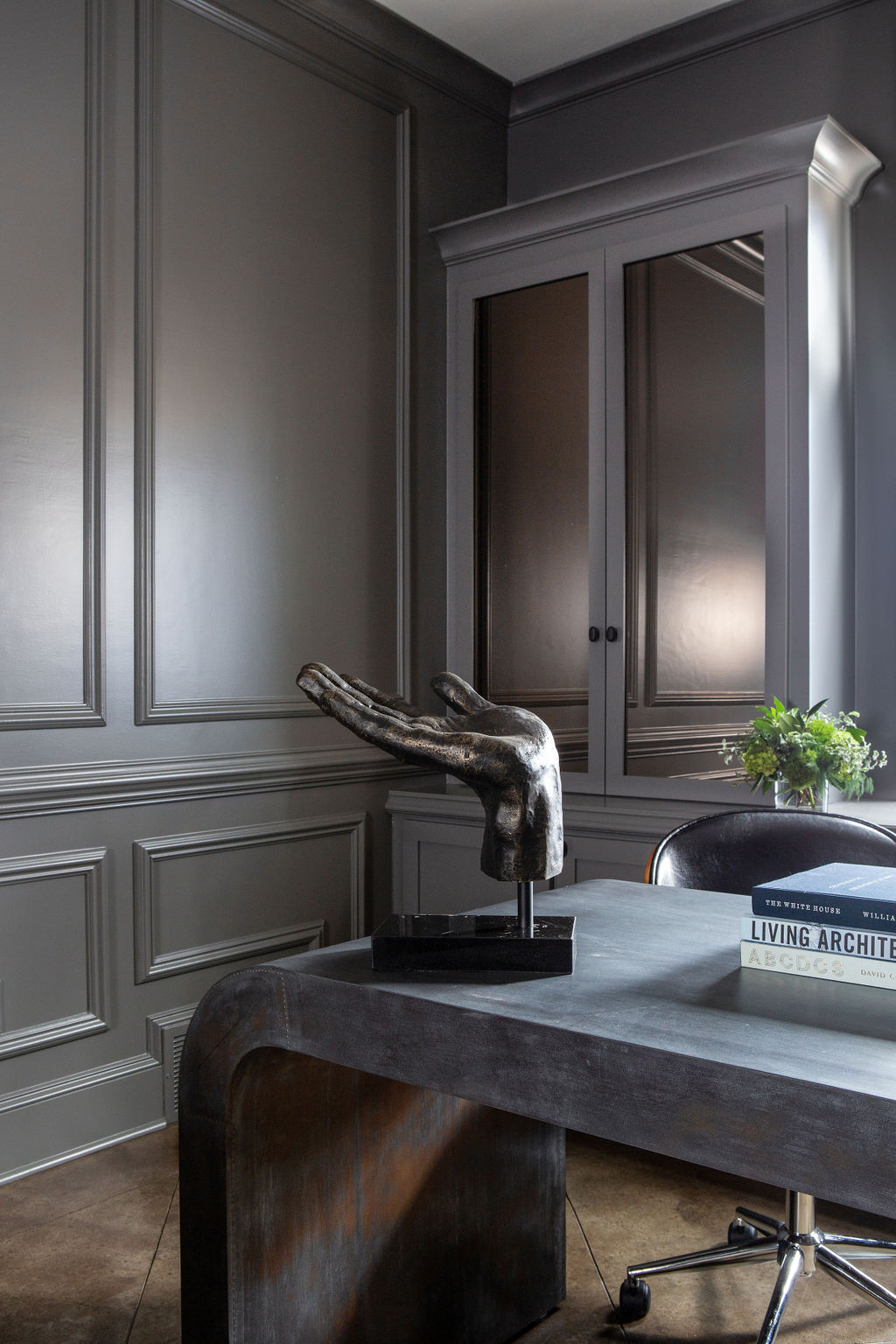
'Satin is easier to clean than eggshell, but that doesn't mean it's the right finish for everything in your home,' says Bethany Adams, founder of Bethany Adams Interiors. 'The more reflective the paint finish is, the more it will show imperfections in the substrate (the walls or woodwork below). Therefore, unless you have a new home with perfectly prepped drywall and brand-new millwork, you are probably better off with eggshell or even matte paint for walls. In the historic homes I work in, I generally err on the side of less gloss. That being said if highlighting the character, aka flaws, of your older home doesn't bother you, and you want to bounce some more light around the space, by all means, go with satin.'
'A big factor to consider is the texture of the wall,' agrees Laura Williams, founder of ATX Interior Design. 'The higher the sheen, the more noticeable a textured wall will look. In Austin, a lot of the homes have textured walls and with that, I always recommend an eggshell finish. When walls are smooth or have unique wall treatments or trim details, I will recommend satin finish paint to give a more elevated look.'
Where to use satin vs where to use eggshell
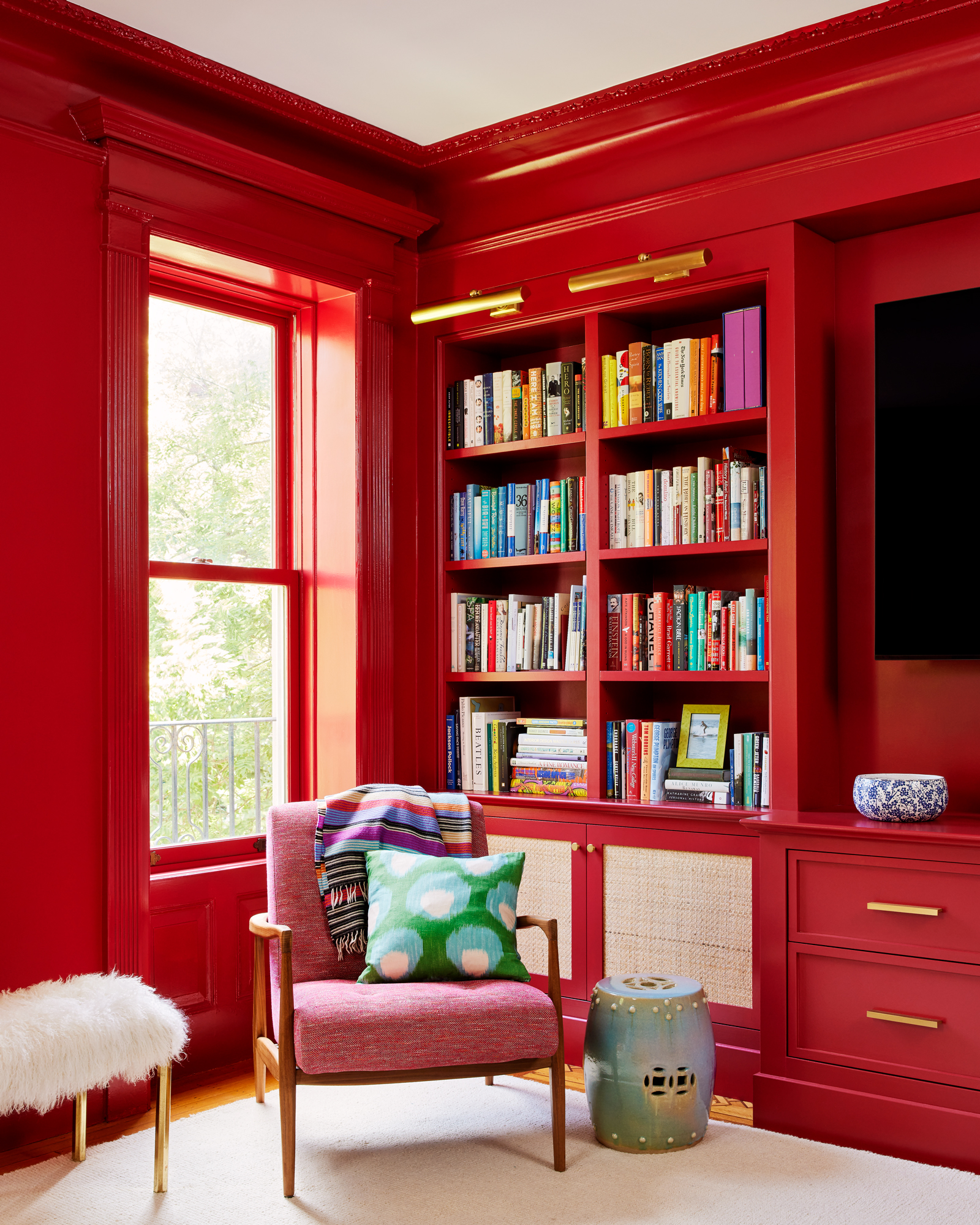
While looking for the best trim colors and finishes, both eggshell and satin can be used. But it depends on the look you want to achieve.
'Eggshell is the standard for wall paint finish, whereas matte is usually used for ceilings and semi-gloss is usually used on woodwork or doors,' says Victoria Holly, principal and founder of Victoria Holly Interiors. 'Satin can be used either on walls or for a less shiny finish on woodwork.'
'Try to avoid using satin finishes on ceilings because imperfections are more noticeable due to the sheen level, whereas eggshell is more muted and will hide these imperfections,' says Chuck. 'Another handy consideration is understanding that eggshell will touch up more easily than satin for the same reason.'
When it comes to trim/doors and cabinets, 'go for slightly less sheen (and durability) than semi-gloss without downgrading to an eggshell,' says Tila.
'Particularly ideal for high-traffic areas, a satin finish is more resistant to stains,' adds Urbanology Designs' Ginger Curtis.
3 of the best eggshell paint brands
3 of the best satin paint brands
Be The First To Know
The Livingetc newsletters are your inside source for what’s shaping interiors now - and what’s next. Discover trend forecasts, smart style ideas, and curated shopping inspiration that brings design to life. Subscribe today and stay ahead of the curve.

Aditi Sharma Maheshwari started her career at The Address (The Times of India), a tabloid on interiors and art. She wrote profiles of Indian artists, designers, and architects, and covered inspiring houses and commercial properties. After four years, she moved to ELLE DECOR as a senior features writer, where she contributed to the magazine and website, and also worked alongside the events team on India Design ID — the brand’s 10-day, annual design show. She wrote across topics: from designer interviews, and house tours, to new product launches, shopping pages, and reviews. After three years, she was hired as the senior editor at Houzz. The website content focused on practical advice on decorating the home and making design feel more approachable. She created fresh series on budget buys, design hacks, and DIYs, all backed with expert advice. Equipped with sizable knowledge of the industry and with a good network, she moved to Architectural Digest (Conde Nast) as the digital editor. The publication's focus was on high-end design, and her content highlighted A-listers, starchitects, and high-concept products, all customized for an audience that loves and invests in luxury. After a two-year stint, she moved to the UK and was hired at Livingetc as a design editor. She now freelances for a variety of interiors publications.
-
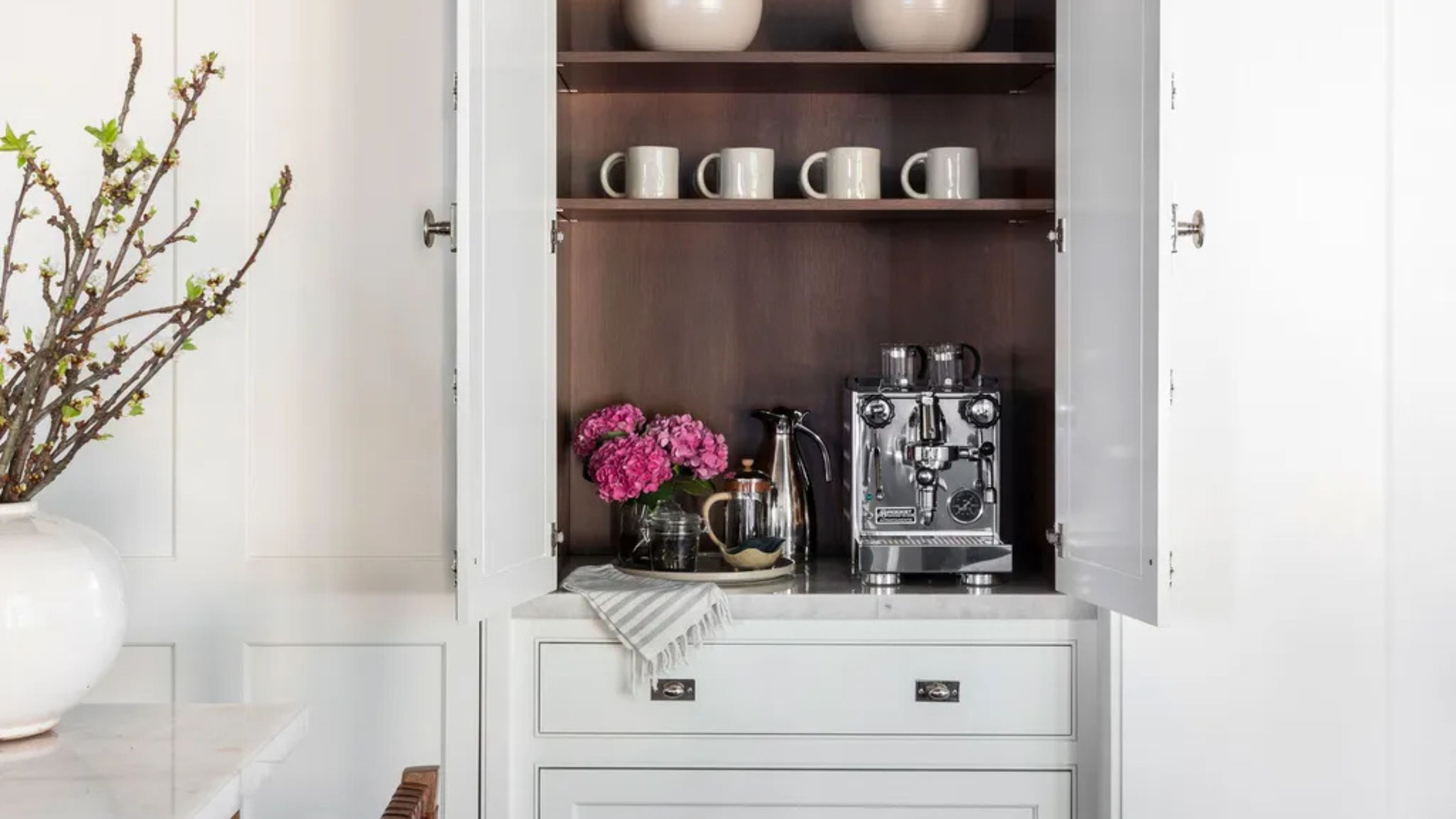 Turns Out the Coolest New Café is Actually In Your Kitchen — Here's How to Steal the Style of TikTok's Latest Trend
Turns Out the Coolest New Café is Actually In Your Kitchen — Here's How to Steal the Style of TikTok's Latest TrendGoodbye, over-priced lattes. Hello, home-brewed coffee with friends. TikTok's 'Home Cafe' trend brings stylish cafe culture into the comfort of your own home
By Devin Toolen Published
-
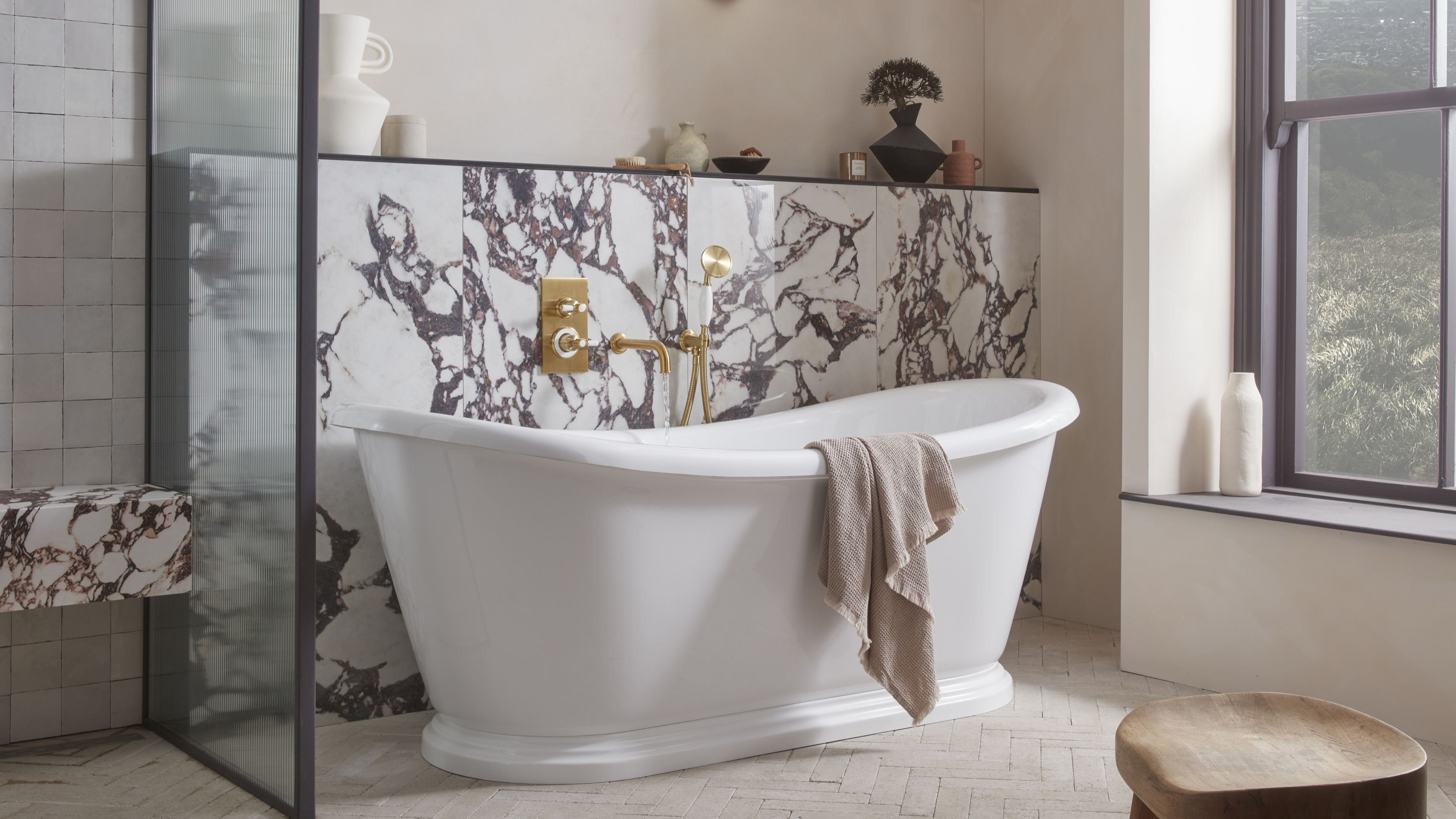 5 Bathroom Layouts That Look Dated in 2025 — Plus the Alternatives Designers Use Instead for a More Contemporary Space
5 Bathroom Layouts That Look Dated in 2025 — Plus the Alternatives Designers Use Instead for a More Contemporary SpaceFor a bathroom that feels in line with the times, avoid these layouts and be more intentional with the placement and positioning of your features and fixtures
By Lilith Hudson Published
